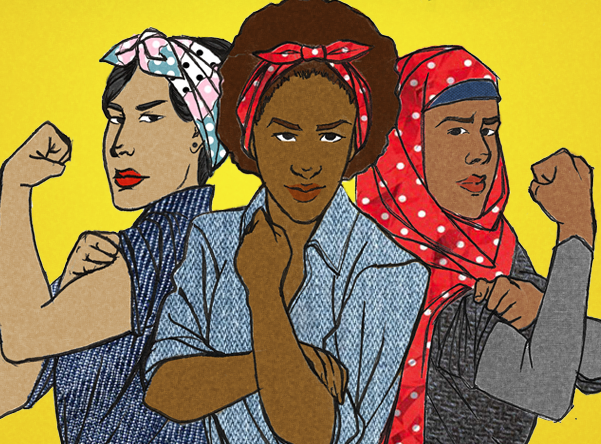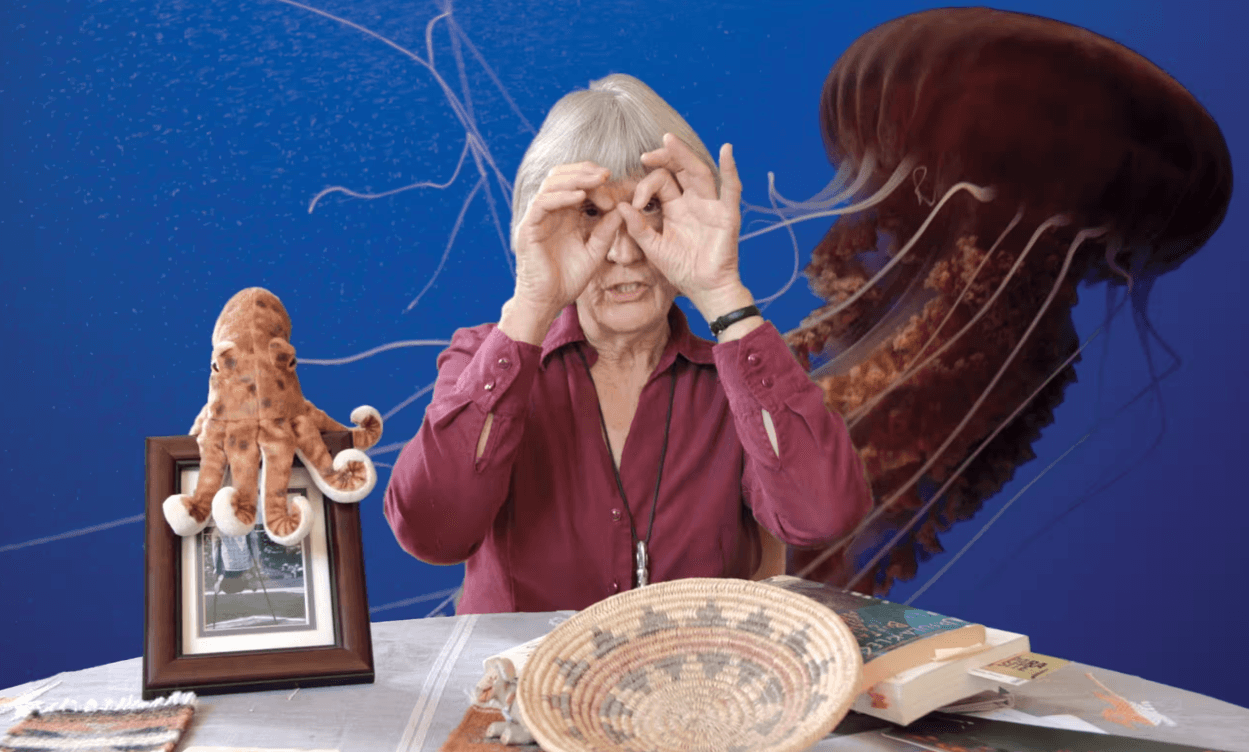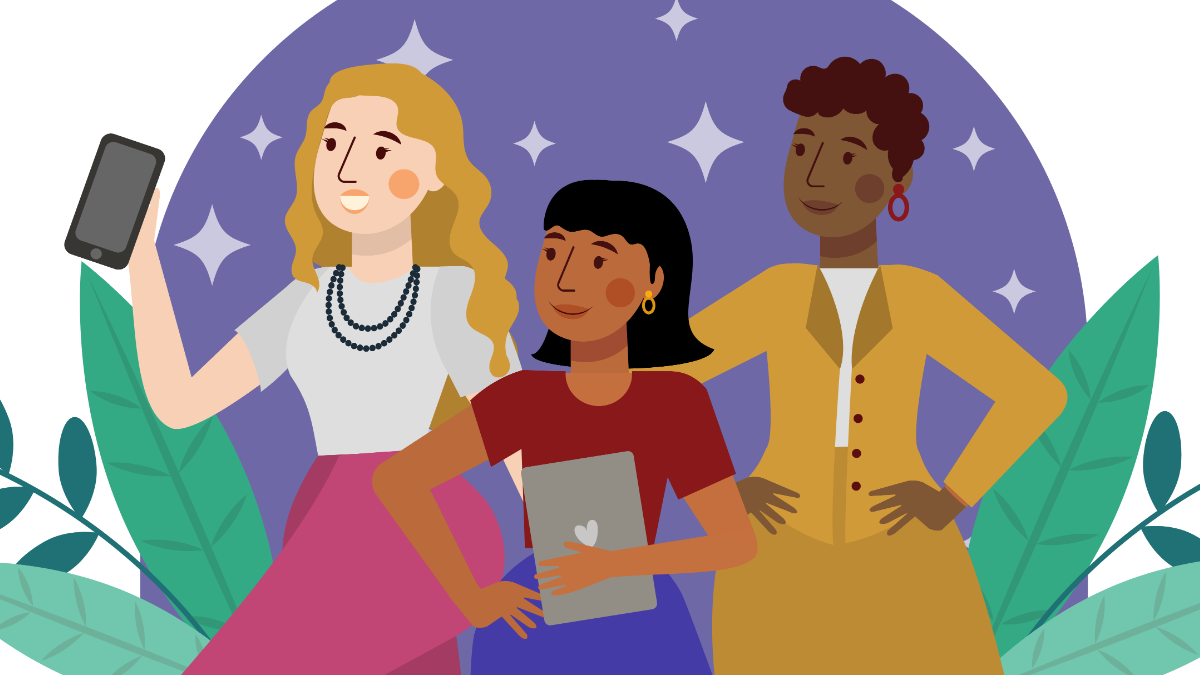I did not know what feminism meant, but I remember being told I’m too rough for a girl. Or, was it bold? Or, rude? I don’t remember – there were many words that I was associated with, and believe it or not, I actually used to like them. I used to like that I’m not like other girls, that I’m like a boy. So proud was I.
By the time I entered college, I still did not know what feminism was, or maybe I had a vague idea. However, I do remember confusing feminism with feminine and was duly corrected in the German Literature class by my professor. So, I do not remember when feminism happened to me. I’m also quite tired of answering this question: “So, when did you become a feminist?” Maybe I was already a feminist when I was being rough, bold, rude, strong, and hard for a girl, but didn’t know the correct term.
I don’t think one becomes a feminist at a particular moment in time. It’s not like one has to do a ‘feministy’ ritual like burn bras (just FYI, they were never burnt, it’s only symbolic), eat men alive or practice witchcraft (though I wish I could), and voilà, you’re a feminist! Feminism is a process that starts maybe subconsciously when day after day you see, hear, experience, and share the pathetic discrimination around you, or maybe consciously when you decide you’ve had enough. Feminism takes time, and it should. You choose your politics, you choose your struggles, and you choose your methodology.
You fight against early marriage or sexual violence; you fight against gender-based sex selection or for the right of women to wear whatever they want and walk the streets without fear at any time; you fight against intimate partner violence, or you dissent against the under-representation or stereotyping of women and other marginalized genders in the media; you work for women’s autonomous right to their sexual and reproductive health, or you work for the rights of women with disabilities, Dalit women, trans* people, queer women, sex workers, women with HIV, and other marginalized groups. No matter which issue you choose, it is no less important.
People say feminists nowadays fight for mundane issues. For example, there is a ‘mundane’ issue I regularly have and always crib about even if I don’t do anything about it. Every time I go out to eat with a male friend, be it a fine-dine restaurant, fast-food joint or a dhaba (a roadside restaurant), I’m hardly ever addressed by the servers. I’m not asked what I want to eat and specifically never asked if I’d like to have a (an alcoholic) drink. I have to shove my existence into the server’s face: I take the cheque from the server’s hand before it is automatically passed on to my male friend, or I interrupt and assert my choice of meal and drink when the two men are discussing important matters like what we are going to have for dinner. For this, my irritated friend, who thinks I’m being too touchy, often tells me off. That I shouldn’t ‘waste’ my feminism on such mundane issues like not being directly addressed, or on Airtel’s Boss advertisement, and focus on ‘real’ issues.
This new Airtel advert had people divided, apparently, over whether it is anti-feminist or not. While I think it is, I have been told by several people that it is a non-issue. I’ve read arguments saying the wife ‘wanted’ to cook for her husband, so sweet, and that I was just a ‘rabid, unhappy, sexually dissatisfied feminist’. It would be utter folly to deny the expectations of an extremely patriarchal Indian society with regard to these bahus (daughters-in-law), however. Popular Hindi films portray wives and daughters-in-law in this way as well. Tea and food are things you are supposed to not only make, but have ready, and keep hot as you wait for your hubby dearest to finish whatever he’s doing/wants to do, following which he can sit and fart around. And it is to these expectations that I take the utmost exception. I’m sure the agency that handled the ad thought they were being extremely ‘progressive’ and ‘feminist’ by showing a female boss. When it is ‘progressive’ and ‘feminist’ to show a female boss, and not just a normal thing, society is VERY patriarchal.
Who are we to decide which issues are ‘real’ and which are not? Does your existence not being acknowledged, and your identity being associated with the man you are currently with, among others, not qualify as an issue? Some eight years ago in Kerala, a friend of mine, at the mere age of 19, had to undergo an abortion because her violent and insensitive boyfriend couldn’t care less about wearing a condom. She still had to take that very man along with her because the clinic at the time required the signature of the ‘father’ in order to accept her abortion plea. A woman does not have agency over her own body, and we’re told we fight for mundane issues like identity.
To someone who doesn’t face these indignities, it’s easy to say, “Focus on real issues.” You’re not the one being ignored by the world around you. Your identity is yours alone. When you go to the chemist’s to buy sanitary napkins, you don’t have to experience being made to feel like you should be ashamed of your body and carry this shame in an opaque black bag. When you go to buy a sports cycle with a friend, it is not automatically assumed that the cycle is for him and not you. When you go to a restaurant, it’s not just your companion who is asked what they would like to drink. Sexual attention is not the only kind of attention you receive. You and your brother are both are seen as adult individuals, and you are not considered the property of your father (and his family) to be given away one day.
These and many other such instances make me feel that the world is trying to snatch away from a woman the identity of being an autonomous individual. However, I refuse to give in. I dissent, break the silence, and raise my voice: I tell the server to address me as well, I reprimand the owner of the cycle shop, and I tell the chemist I do not need a black carry-bag.
My feminism has brought me closer and kept my faith intact in my identity – that of a woman who is an autonomous individual, has agency over her own body, and whose existence is not dependent upon any man.
Disclaimer: This article was originally written for TARSHI‘s eMagazine In Plainspeak for their March issue themed ‘Feminism and Sexuality‘, it was originally published here.
Featured Image Credit: VAL3NTEA
About the author(s)
Japleen smashes the patriarchy for a living! She is the founder-CEO of Feminism in India, an award-winning digital, bilingual, intersectional feminist media platform. She is also an Acumen Fellow, a TEDx speaker and a UN World Summit Young Innovator. Japleen likes to garden, travel, swim and cycle.




